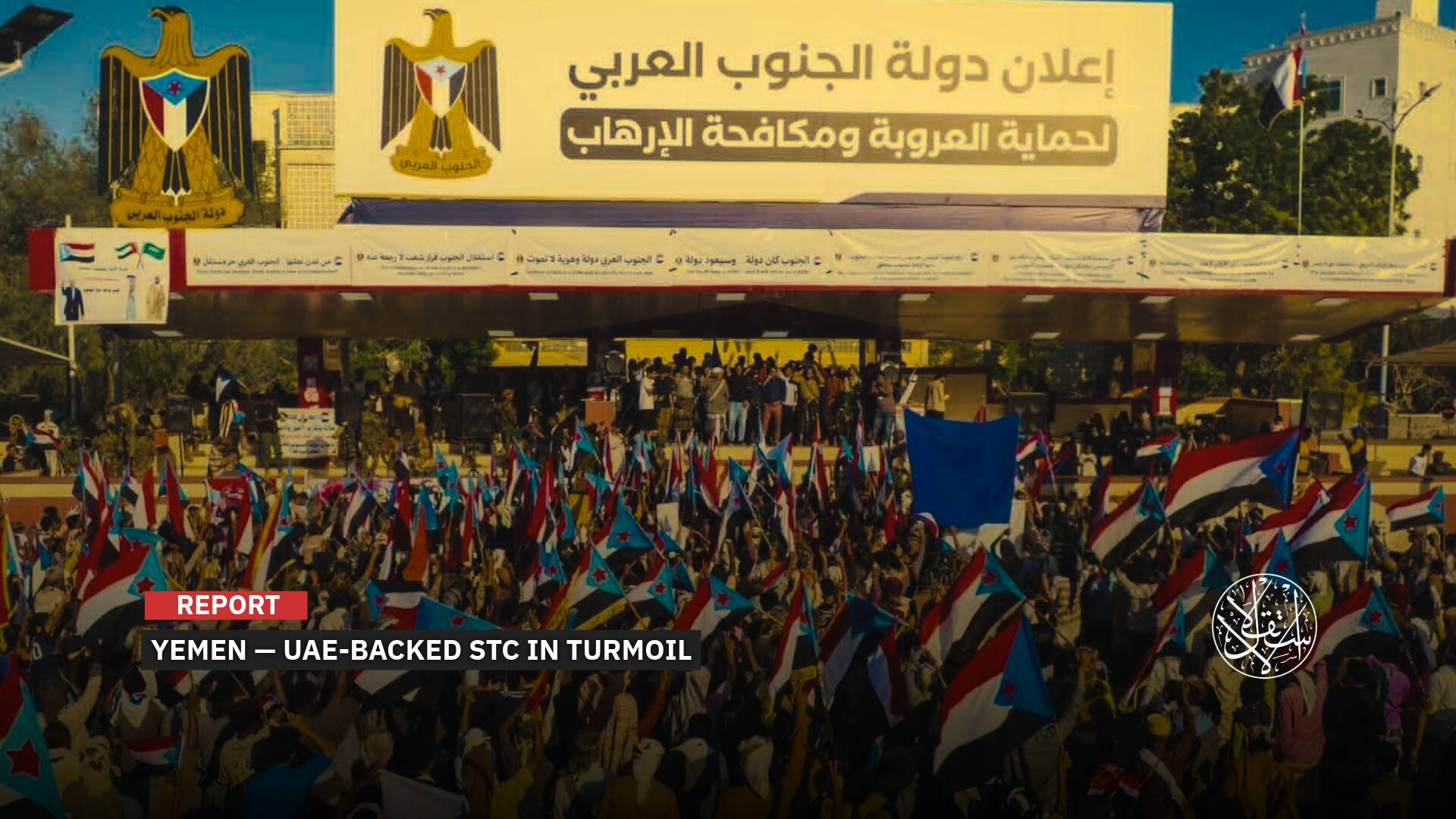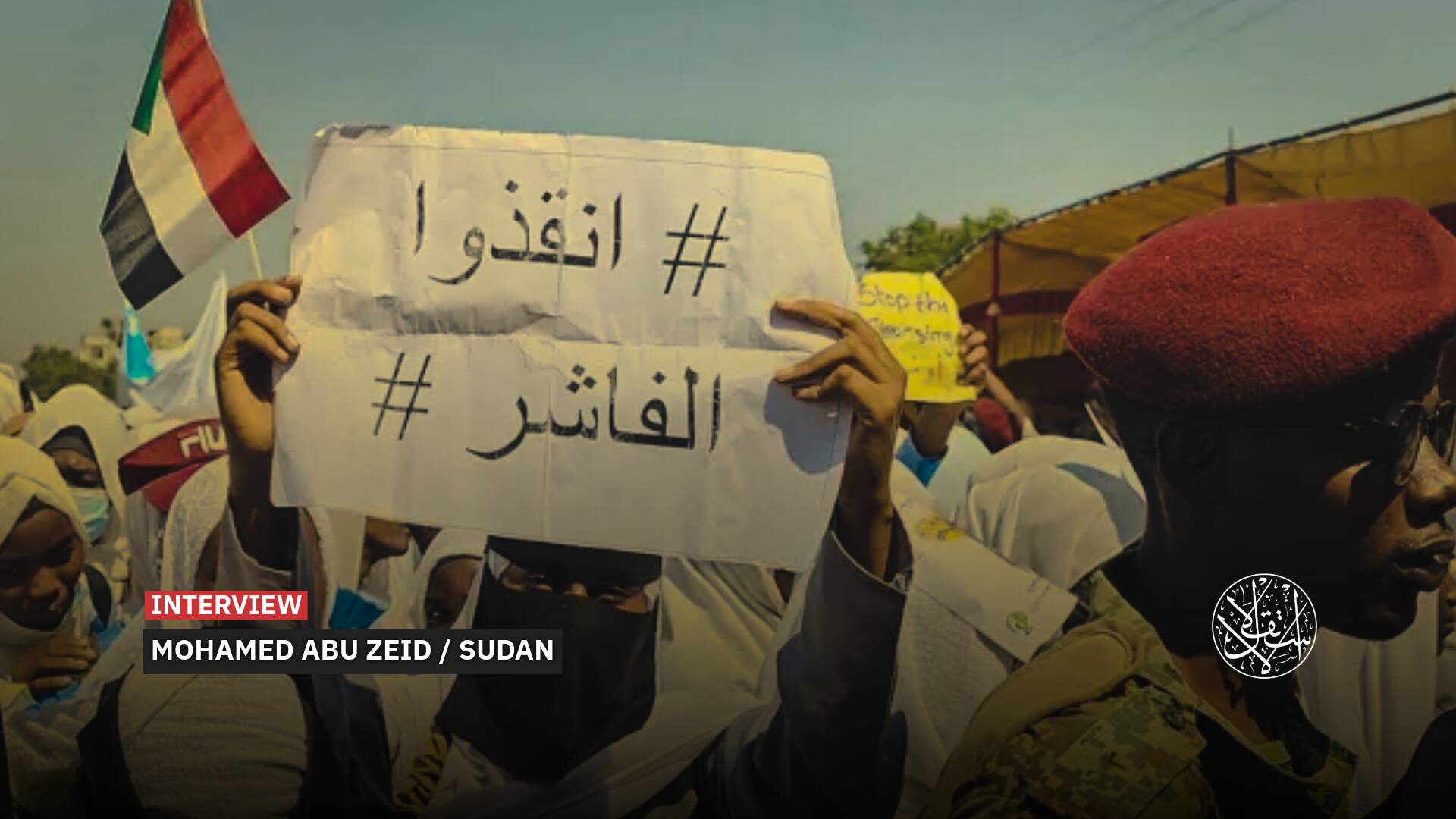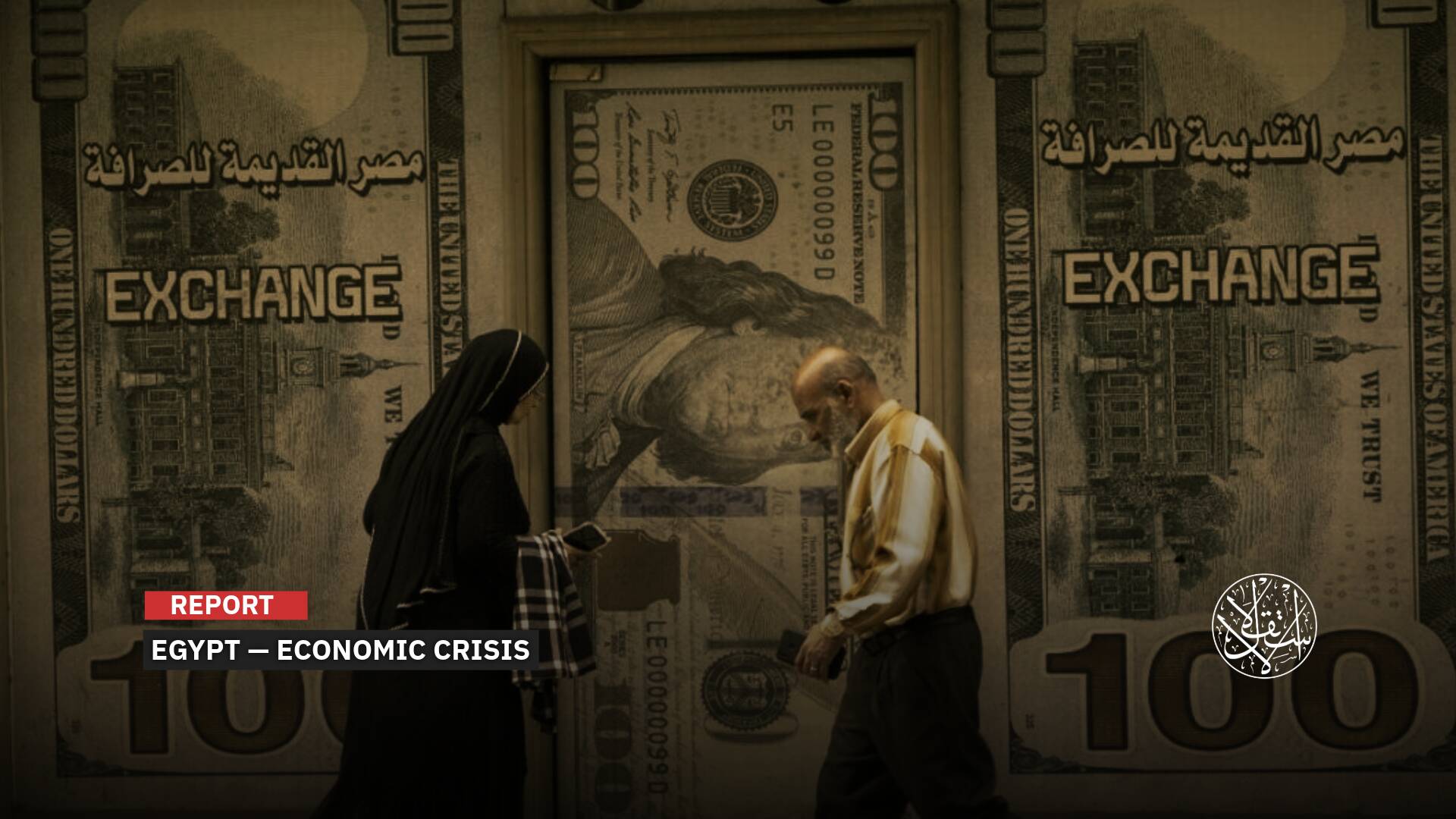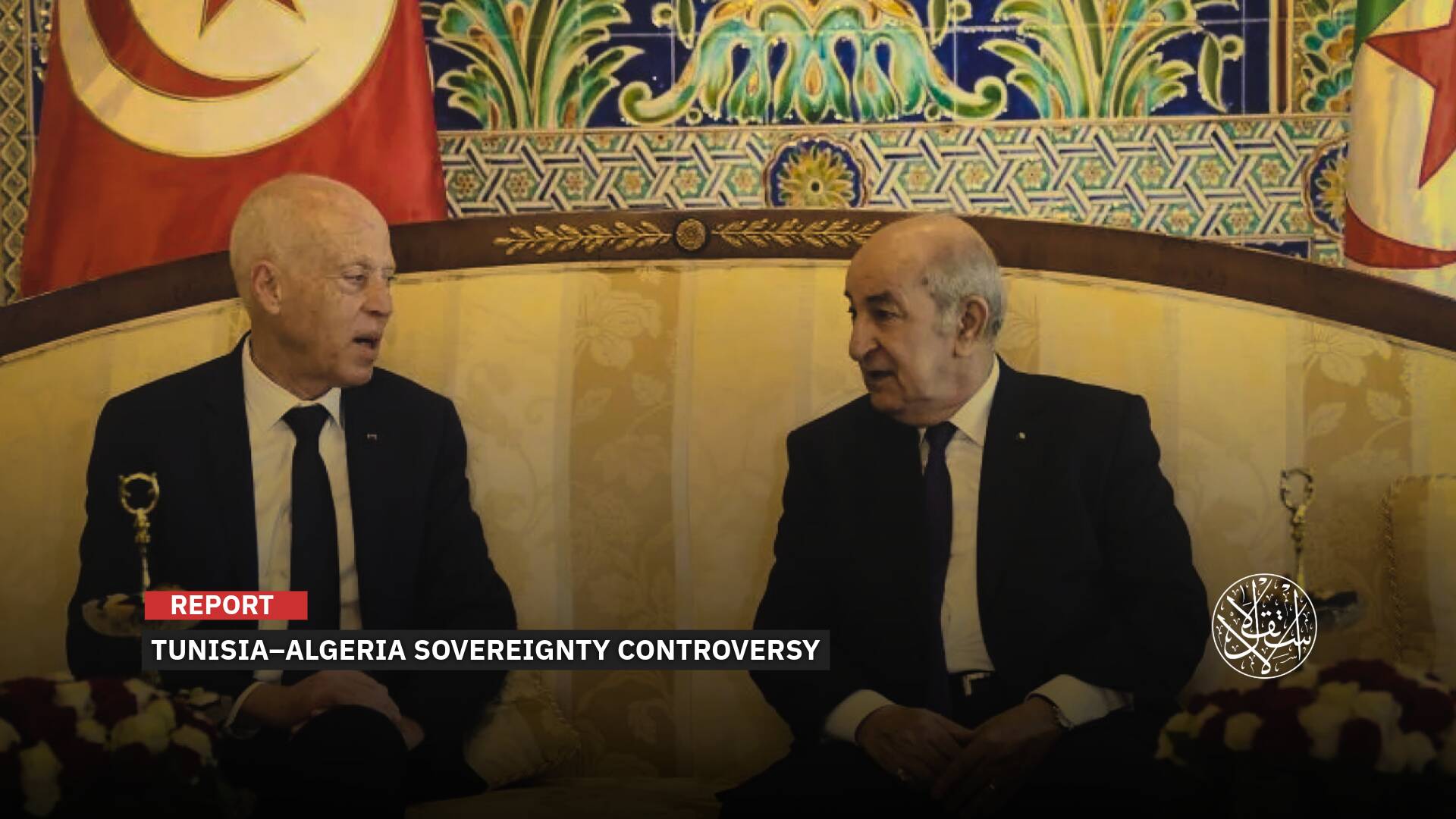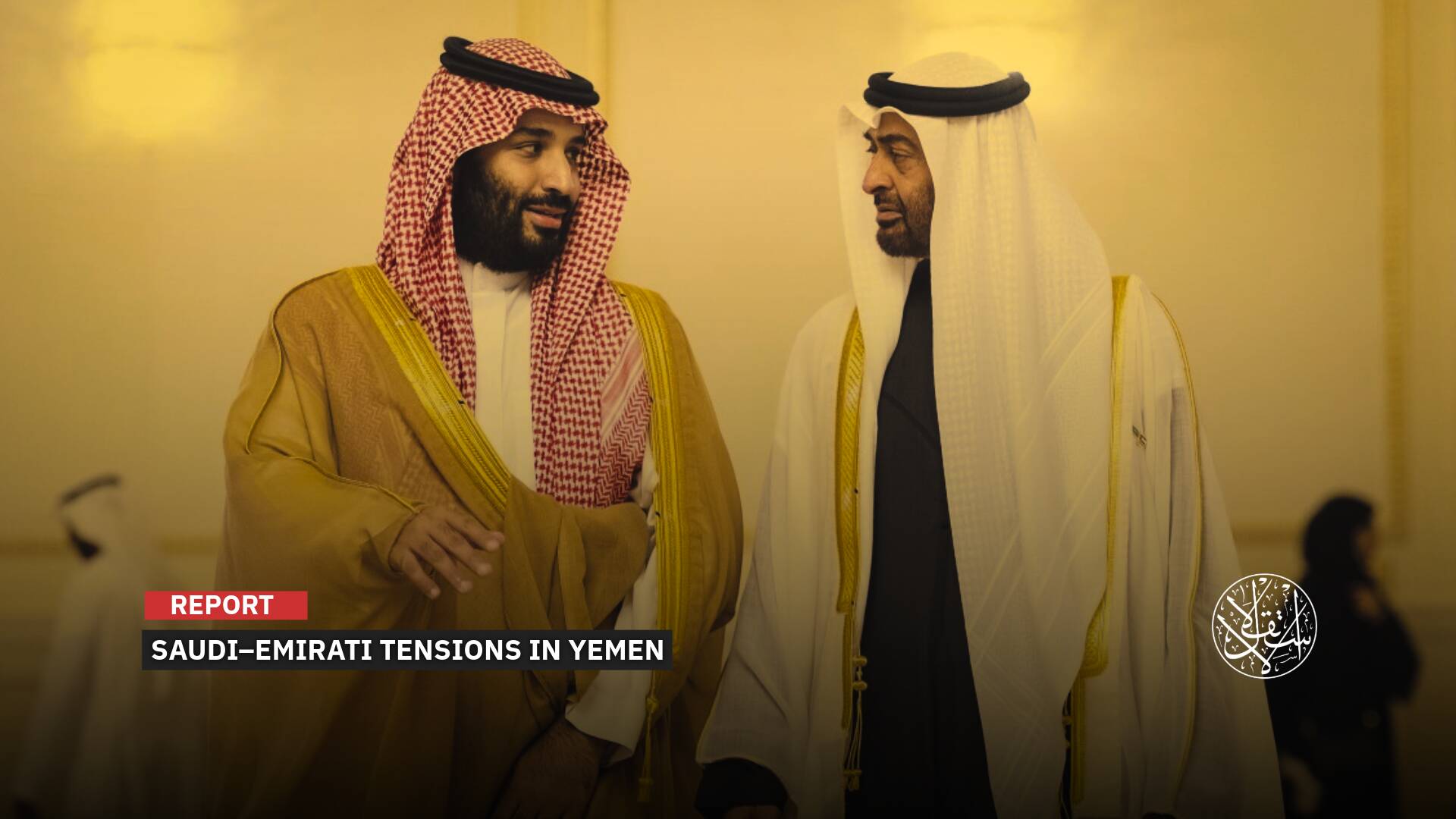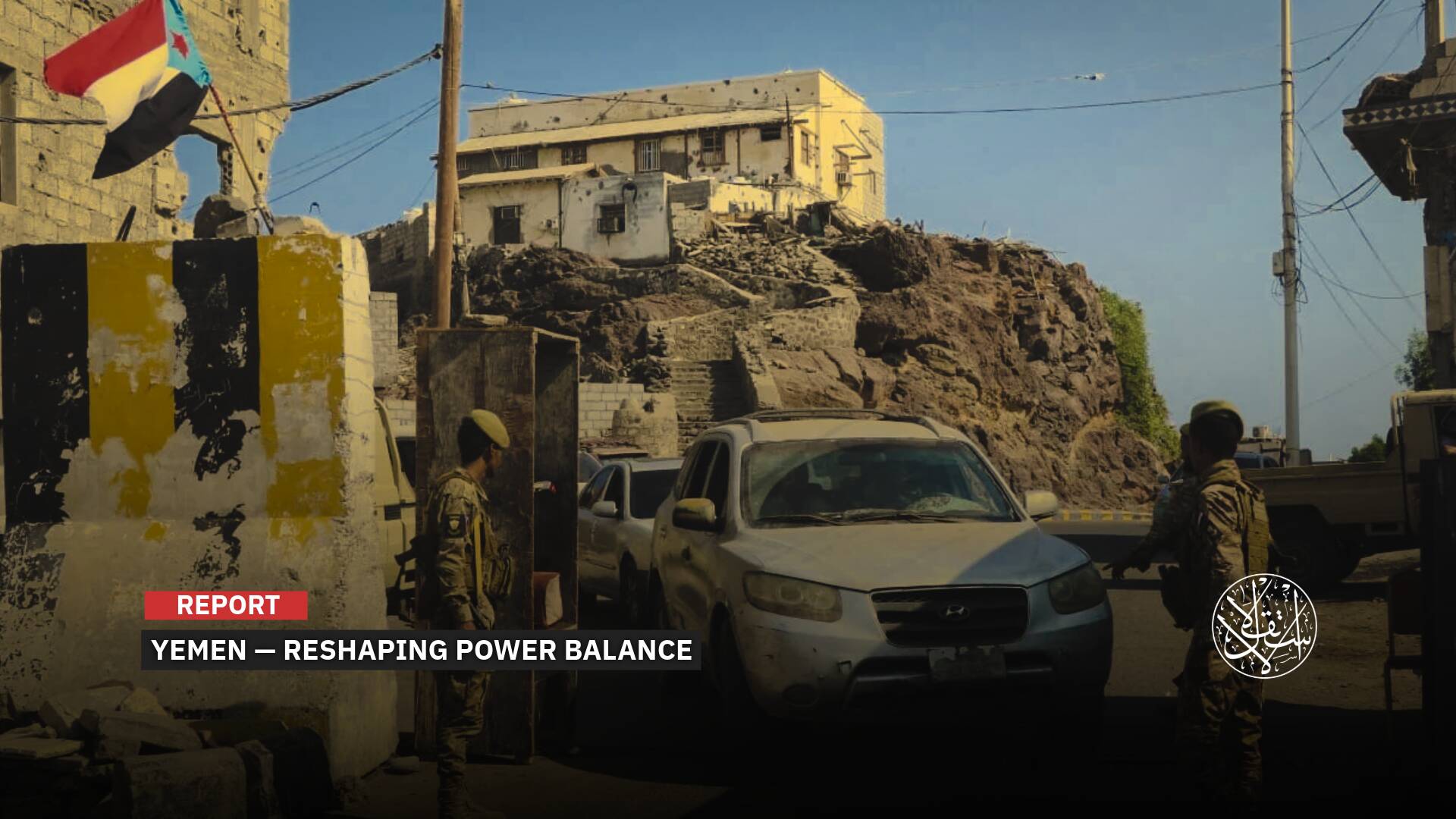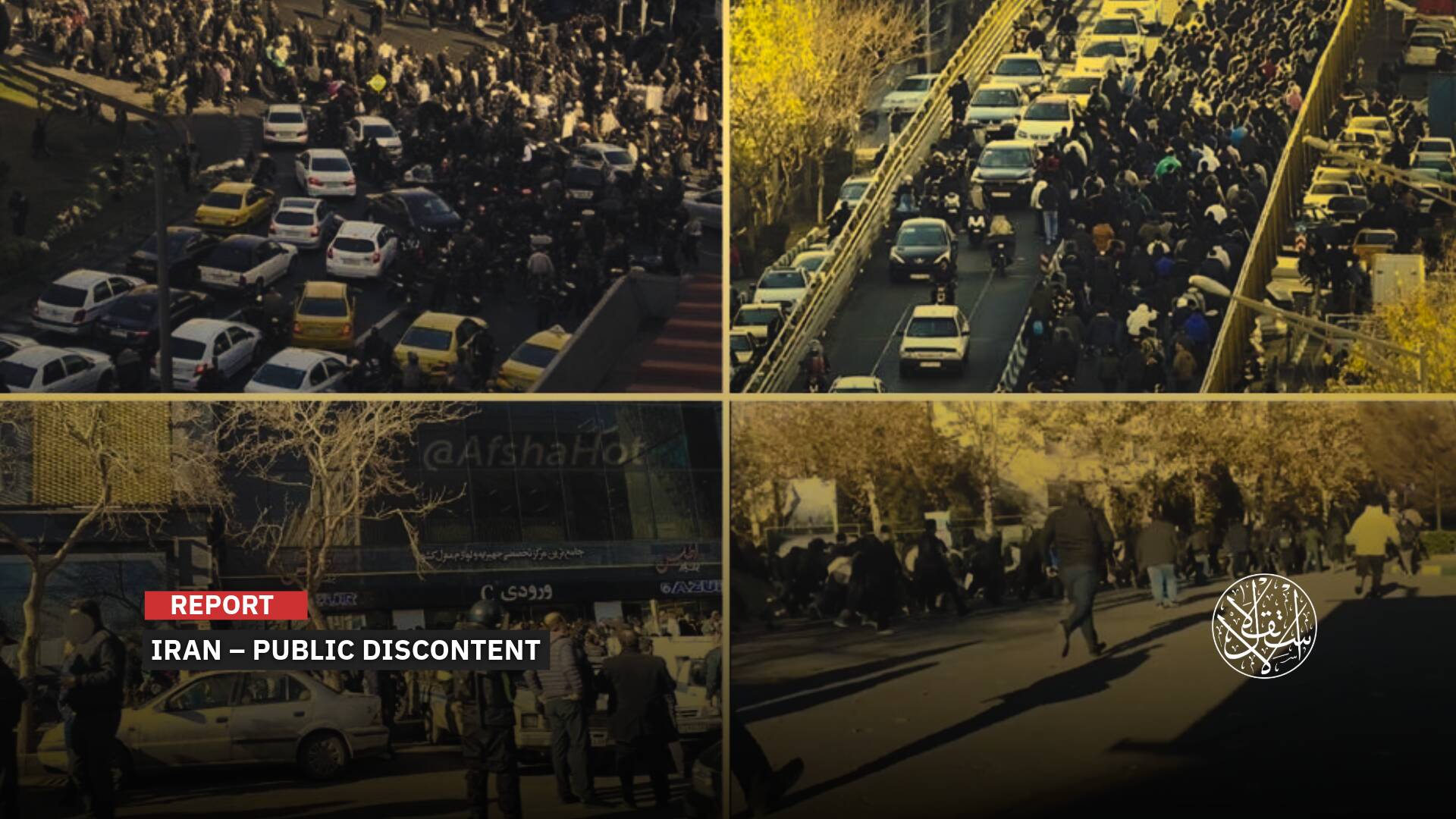Egypt's New Cabinet: Conflicts of Interest and Legal Concerns Loom Over Sisi's Third Term

“What is happening in Egypt does not happen even in the most dysfunctional banana republics.”
On July 3, 2024, the eleventh anniversary of the military coup in Egypt, Prime Minister Mostafa Madbouly’s government was sworn in before President Abdel Fattah el-Sisi. This marked the first government of Sisi's third term and the third government during his rule, which has seen 12 cabinet reshuffles.
The new government has been shadowed by controversial points, foremost among them conflicts of interest, as several prominent ministers work for private companies and have close ties to enigmatic entities.
Who are these ministers? What is the extent of the conflict between their authority and their private roles? How does labor regulation law view this situation?
Employee of al-Arjani
On July 3, the official Facebook page of the Egyptian Cabinet published the biography of the new Minister of Public Business Sector, Engineer Mohamed el-Shimi.
According to the statement, the minister holds the CEO position at one of the companies in the al-Arjani Group, owned by the controversial Egyptian businessman Ibrahim al-Arjani, who also leads the Sinai Tribal Union militias allied with the army.
Shimi’s career includes a record of high-ranking positions in several public and private companies. His last role before joining the ministry was as CEO and managing director at Energy Cadence, a company specializing in energy consulting and project development, from May 2023 to the present, according to LinkedIn. The company’s LinkedIn page also lists Ibrahim Ahmed el-Shimi among its employees.
Energy Cadence is part of the al-Arjani Group, owned by Ibrahim al-Arjani, whose financial, political, and security influence has grown since 2013. Al-Arjany is known to be close to President el-Sisi and the General Intelligence Service.

Ministry and Schools
Similarly, Minister of Education Mohamed Abdel Latif is the director of the NIS group of schools, owned by his mother, Nermien Ismail.
These schools, managed by the new minister, target the upper-class elite and are among the most expensive private educational institutions.
Nermien Ismail, the minister's mother, owns several private schools in areas such as Nasr City, the First Settlement, Shorouk, Port Said, the New Capital, and 6th of October City.
According to the local website Masrawy on July 5, 2025, the fees for these schools amount to about 211,000 EGP per student ($4,400), with the cost of the school bus reaching around 30,000 EGP.
The NIS schools have approximately 13,000 students. In 2019, the minister’s mother sold a 43.5% stake in the Advanced Education Company, which owns the school group, to the Egyptian-American Enterprise Fund.
This deal was valued at nearly half a billion EGP. The fund is a private company financed by the U.S. government, meaning that the Egyptian Minister of Education works in a private institution with extensive partnerships and mutual interests with a foreign government.

Emirati Influence
Another significant example is the case of the Minister of International Cooperation, Rania al-Mashat, who works for an entirely foreign-owned institution.
In August 2023, she obtained permission from Prime Minister Mostafa Madbouly to join the board of directors of Abu Dhabi Islamic Bank, UAE.
Al-Mashat is one of the trusted ministers under Sisi’s rule, having entered the cabinet on January 14, 2018, when parliament approved the ministerial reshuffle, appointing her as the Minister of Tourism, succeeding Yehia Rashed.
She was the first woman to hold the position of Minister of Tourism since the ministry was established in 1966, indicating Sisi's confidence in her.
Al-Mashat continued in her role as Minister of Tourism until December 22, 2019, when a presidential decree appointed new ministers, including al-Mashat as Minister of International Cooperation.
Her appointment to the Abu Dhabi Islamic Bank board raised questions about the legality of holding both a governmental position and a private job with a foreign country.
The announcement caused outrage on social media and concern among many officials, even those supportive of the Egyptian regime.
On August 8, MP Mohamed el-Samoudi submitted a parliamentary inquiry to Speaker Hanafy el-Gebaly and Prime Minister Mostafa Madbouly regarding the appropriateness of al-Mashat's appointment to the board of an Emirati bank, in line with the law and constitution.
"The announcement of Minister of International Cooperation Rania al-Mashat's appointment to the board of a Gulf bank for $40,000 a month has sparked widespread controversy and anger among citizens in the Egyptian street,” el-Samoudi said in his inquiry.
He attributed this to a potential conflict of interest between the two positions, noting that it constitutes a clear violation of the constitution, which prohibits ministers from holding multiple positions.
Talaat Moustafa
In a similar vein, the appointment of Finance Minister Ahmed Kojak follows the same pattern. His CV reveals that while serving as Deputy Minister of Finance under Mohamed Maait, he was appointed to the board of the Hisham Talaat Moustafa Group.
On July 2, 2024, this group signed an investment contract for the SouthMed project on the North Coast, covering an area of 23 million square meters, with investments amounting to 1 trillion EGP ($21 billion).
Talaat Moustafa Group Holding, a major partner of the UAE in Egypt, received a letter from Misr Insurance Company about Kojak's resignation from the board following his appointment as Minister of Finance. Questions remain regarding his previous role on the board while he served as Deputy Minister of Finance.

Blatant Violation
The cases of these ministers raise a prominent question: Does this matter violate Egyptian law and represent a conflict of interest?
The Civil Service Law provides an answer, listing prohibitions for public employees according to its regulations.
Article 151 of the executive regulations of the Civil Service Law specifies prohibitions that public employees must avoid, in addition to not violating laws, regulations, and decisions.
Article 151 states that an employee is prohibited from violating laws, regulations, decisions, and prevailing systems. It expressly forbids an employee from combining their job with any other work they perform directly or indirectly if it harms their job performance or contradicts job requirements.
It also prohibits an employee from performing work for others for a fee or reward, even outside official working hours, without permission from the competent authority.
However, an employee may perform guardianship, trusteeship, or agency work for absent persons, or judicial assistance for a fee or reward, if the person under guardianship or trusteeship, the absent person, or the person appointed a judicial assistant is related to them by blood or marriage up to the fourth degree.
This law applies to public employees in Egypt, from the President to all ministers and government officials, down to the smallest employee within the State Apparatus.
In his analysis of the situation, Egyptian researcher Mohamed Maher said, "This issue is not new in Egypt; it dates back to the final years of former President Hosni Mubarak's rule. Particularly during Prime Minister Ahmed Nazif's government when businessmen took control of the state and its economy, we witnessed ministers like billionaires Rashid Mohamed Rashid and Mohamed Mansour."
Maher pointed out that “the current situation is significantly worse, as foreign companies and governments of countries like Saudi Arabia and the UAE now hold the upper hand through their agents.”
He added that “the minister does not make his own decisions and is not a true businessman; he is a tool for two parties: one foreign and the other military.”
"The most dangerous aspect is not their presence but the blatant disregard for laws, regulations, and oversight reports, as well as the criteria for selection and quality of performance. What is happening in Egypt does not happen even in the most dysfunctional banana republics in Africa and Latin America," Maher concluded.
Sources
- Legitimate relations between the government and the private sector [Arabic]
- Minister of Business Sector: Al-Arjani's man in the Ministry of Privatization [Arabic]
- Prohibitions for a public employee according to the “Civil Service” regulations: learn about them [Arabic]
- Nermien Ismail Schools: Full details after its CEO was sworn in as Minister of Education [Arabic]
- Biography of Engineer Mohamed Ibrahim Ahmed Shimi, Minister of Public Business Sector [Arabic]



